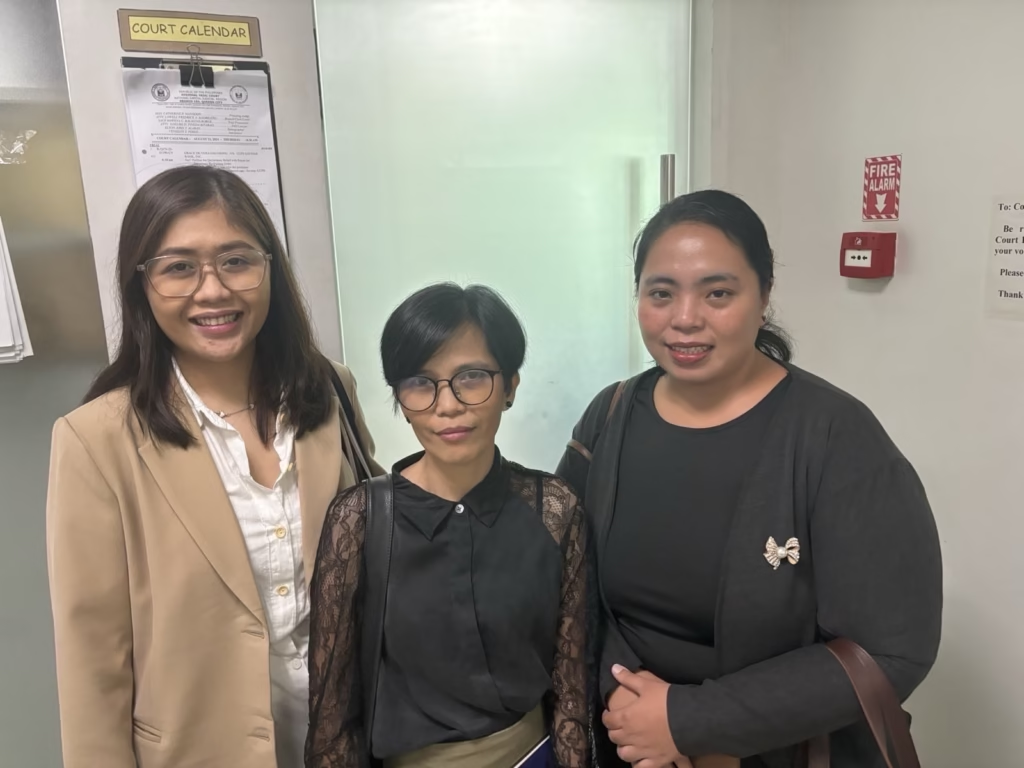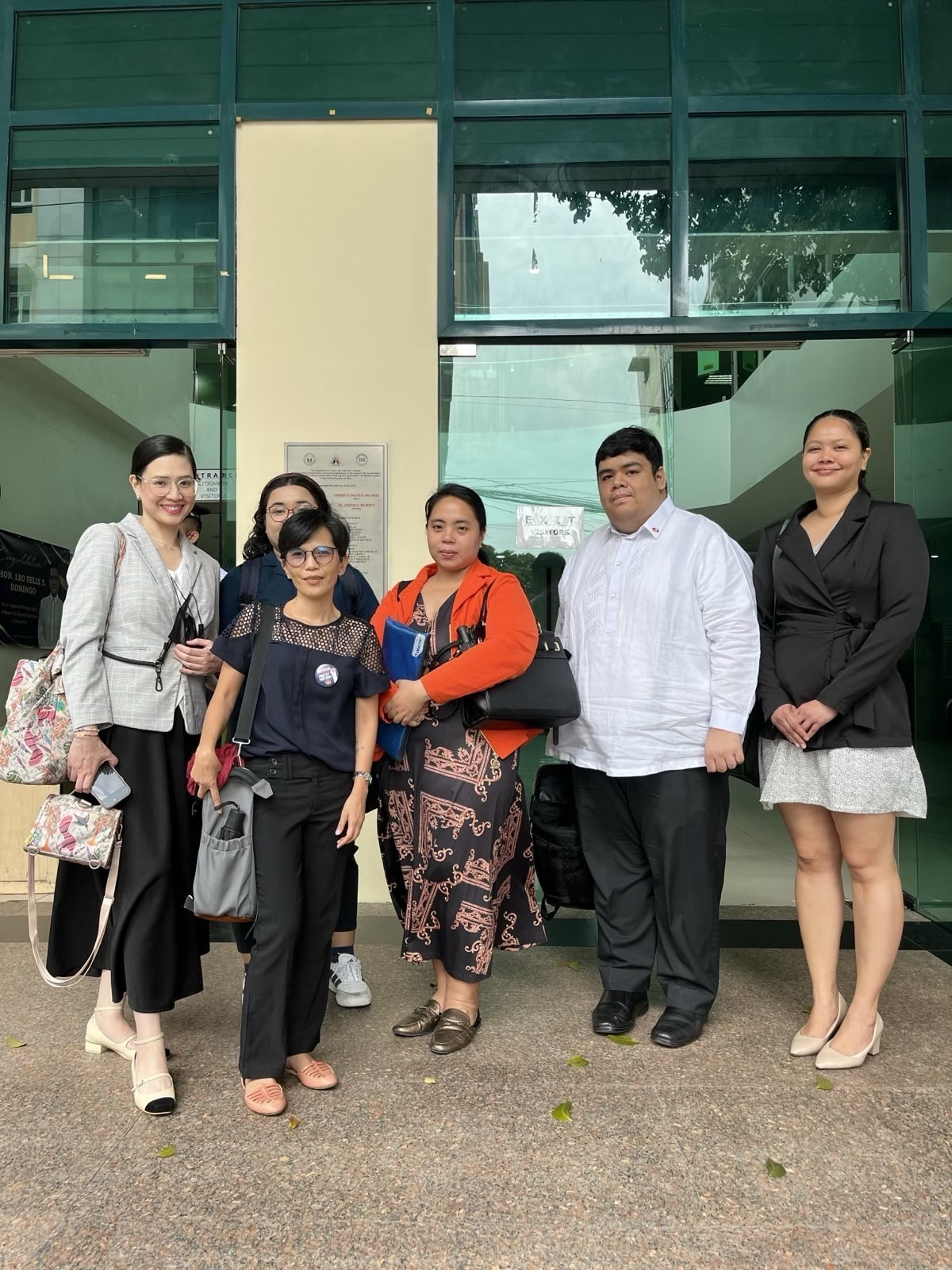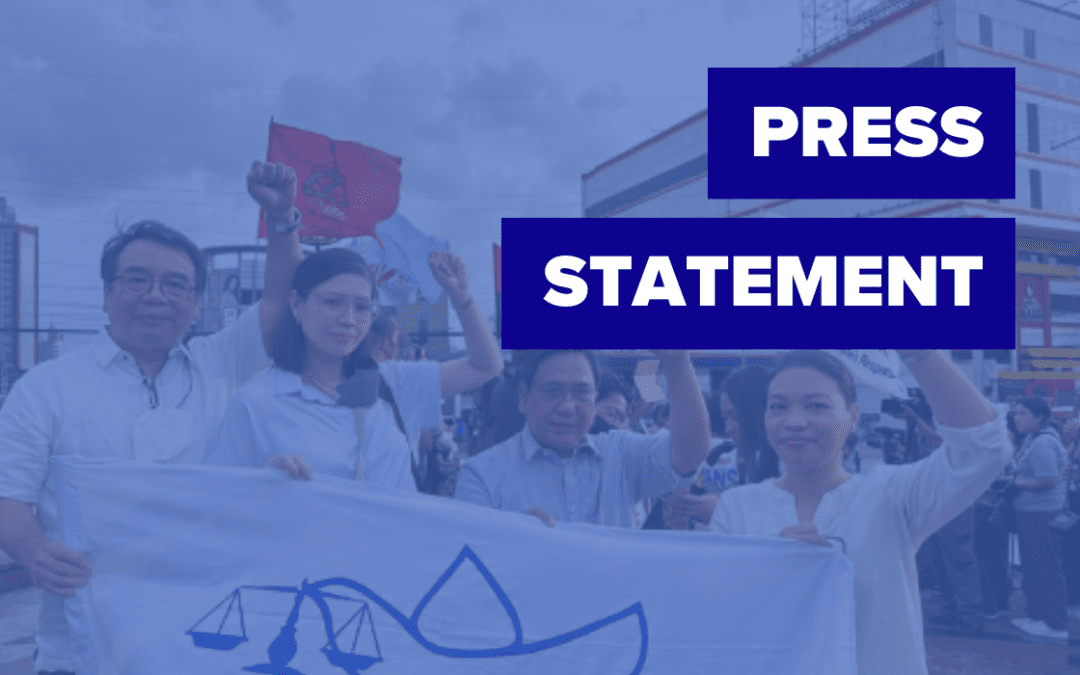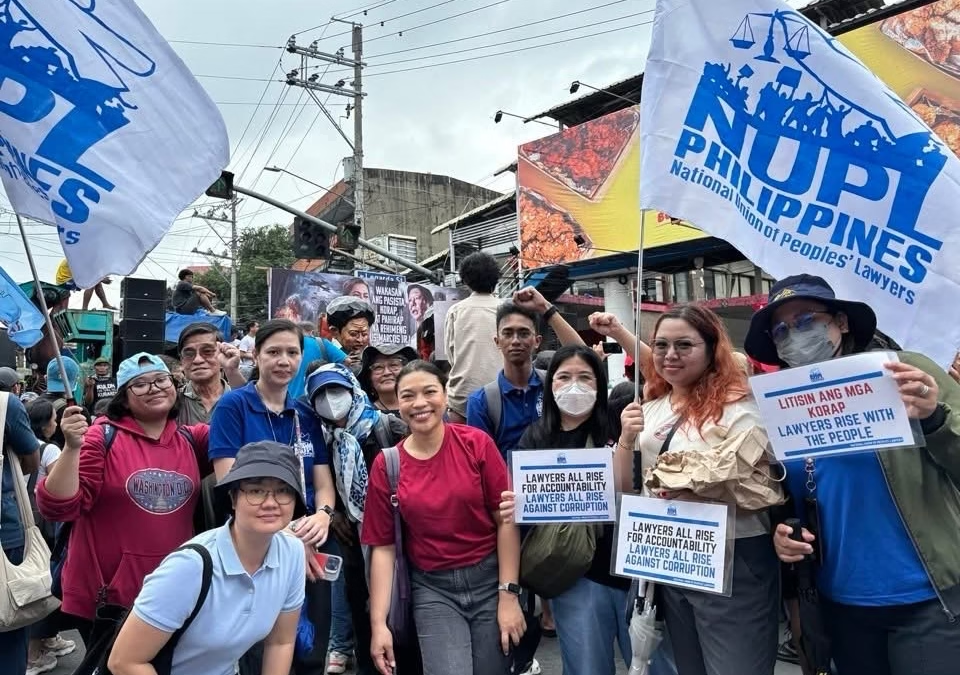
November 25, 2025
The National Union of Peoples’ Lawyers welcomes the Decision of the Regional Trial Court of Quezon City, Branch 104, declaring void the National Telecommunications Commission’s June 8, 2022 Memorandum ordering internet service providers to block Bulatlat and 25 other websites. The ruling, issued on November 18, 2025, is a clear statement on the limits of administrative power and the continuing need to guard against censorship disguised as regulation. The NUPL is counsel for Bulatlat in this case.
The Court reviewed the NTC’s mandate under Executive Order No. 546 and found no authority, express or implied, that allows the Commission to “block,” “restrict,” or “limit access” to online publications. Its powers concern, among others, the supervision of telecommunications services, the licensing of radio frequencies, and the regulation of utilities. As the Decision states, the NTC’s “authority does not extend to the suppression of content or the restriction of access to online publications as contained in the assailed Memorandum.”
The Court also rejected the NTC’s reliance on Section 46(m) of the Anti-Terrorism Act. This provision, the Court explained, “does not confer upon such agencies the authority to undertake actions that, by their nature, require due process—such as the restriction or blocking of access to online publications.” To read it as granting that power, the Decision warned, “would unduly expand the scope of the law and sanction acts beyond the statutory limits of administrative competence.” And yet, the NTC treated the letter from then National Security Adviser Hermogenes Esperon asking for the blocking as a “ministerial task,” even though an action of such magnitude could not be taken “without first giving notice, conducting a hearing, or otherwise observing due process.”
Most importantly, the Court held that the Memorandum was a form of prior restraint that violated the constitutional guarantees of press freedom and free expression. The restraint was also content-based and therefore subject to the strictest scrutiny. The burden to show a clear and present danger of a substantive evil that could justify such a restriction lay with the State. But it failed to do so, as none of the defendants presented competent proof that Bulatlat’s reporting, or the operation of its publisher, Alipato Media Center, Inc., posed any imminent threat to national security or public order. By preventing Bulatlat from reaching its audience, the Court noted, “the NTC’s issuance effectively imposed censorship even before the alleged objectionable content could be subject to any judicial determination.”
Bulatlat’s reporting, like that of any media organization, may be contested, criticized, or challenged in the arena of public debate. What the Constitution does not allow is for the state to shut down that discourse. It draws a clear, bright line: the State may not, by prior restraint, prevent protected speech from being heard, nor dress up content-based restrictions as “regulations” that quietly dictate what the public may or may not access. The Court has now restored those limits.
With the Memorandum now declared void, the injunction against it should be made permanent, and ISPs must promptly lift the blocking of the other websites. Nonetheless, if this ruling brings closure to one abusive act, it also calls us to remain vigilant against the next. The machinery that produced the Memorandum—through quiet encroachments, elastic appeals to “national security,” and new methods for suppressing dissenting and critical voices—remains very much intact. The tactics have shifted from padlocking printing presses to issuing secret blocking orders, but the intent remains the same: to narrow the public’s field of vision and control what it is allowed to see and understand.
We therefore call on the people to treat this ruling as a mandate to insist on a press that can report and publish without fear of being taken down, and on a citizenry free to seek, receive, and impart information and ideas across all frontiers. A democracy worthy of the name rests on people who are able to think, speak, debate, and dissent—with journalists and communities prepared to resist censorship and repression whenever they appear, online or offline. ###
Reference:
Atty. Josalee S. Deinla
NUPL Secretary General
+639174316396



